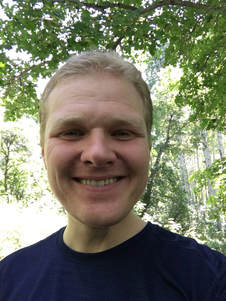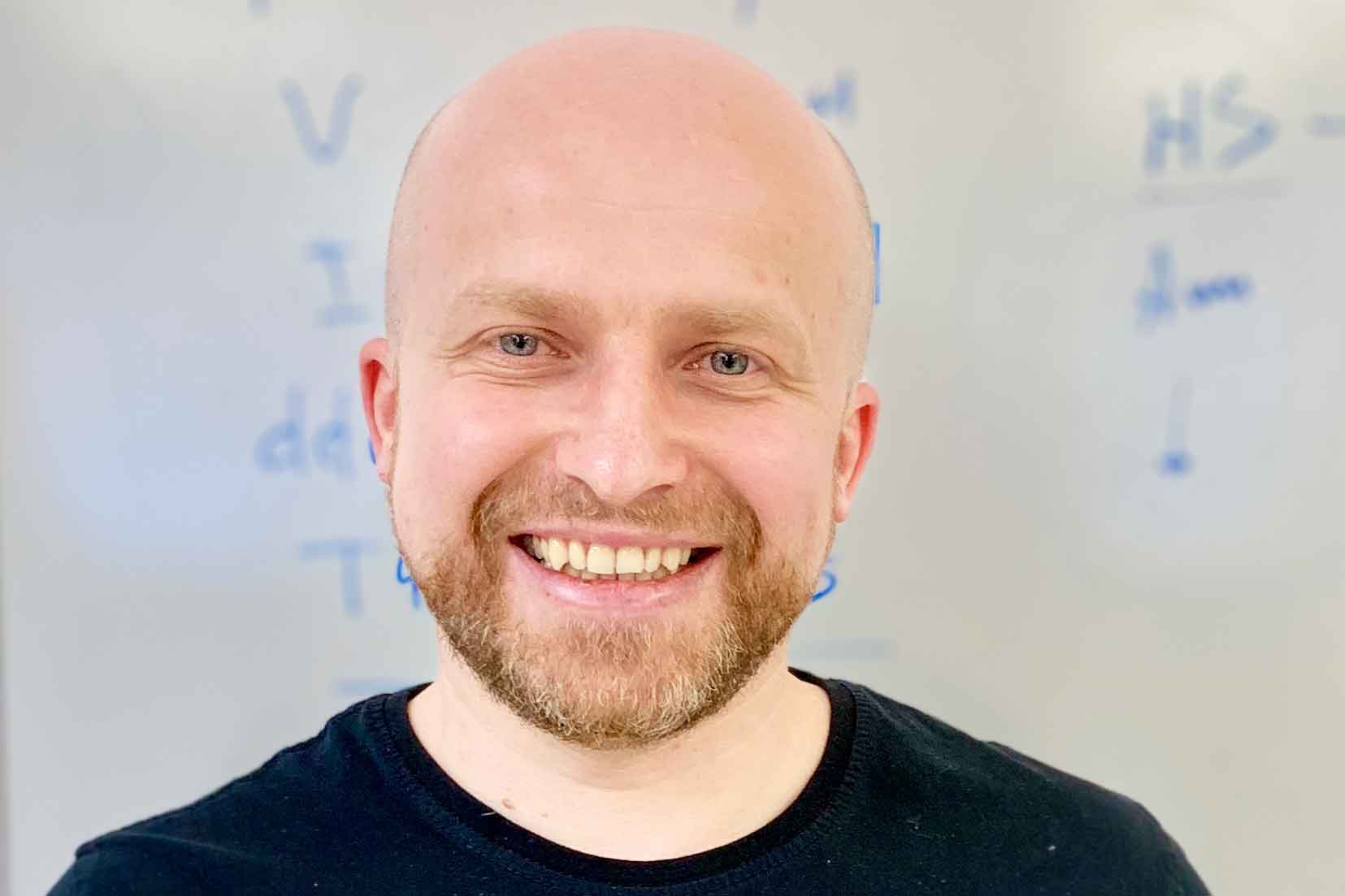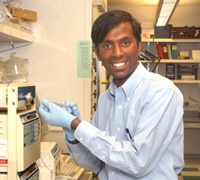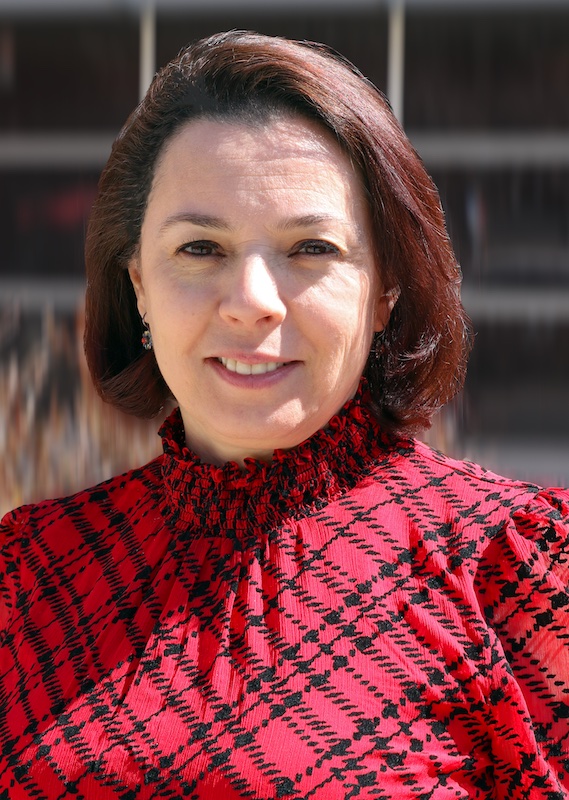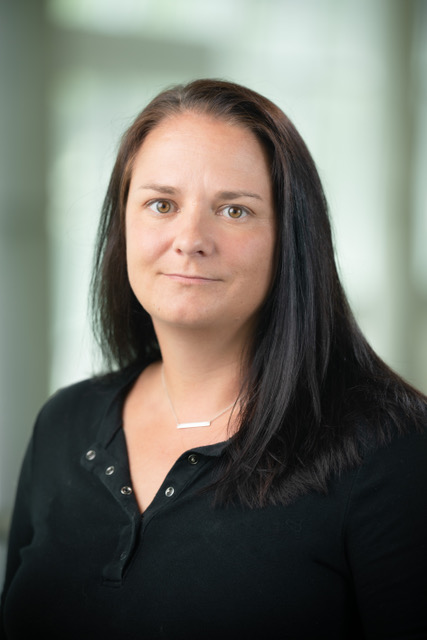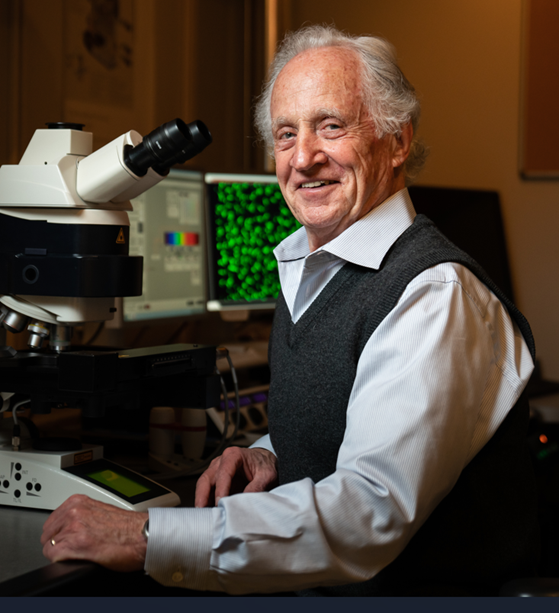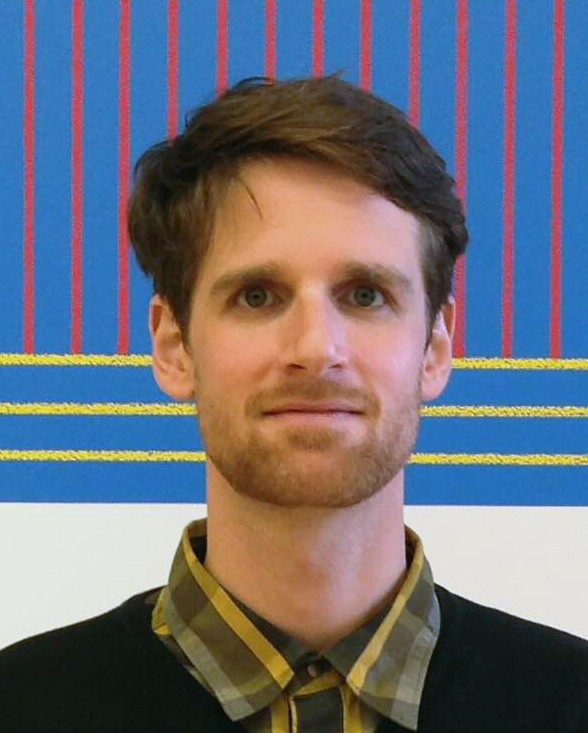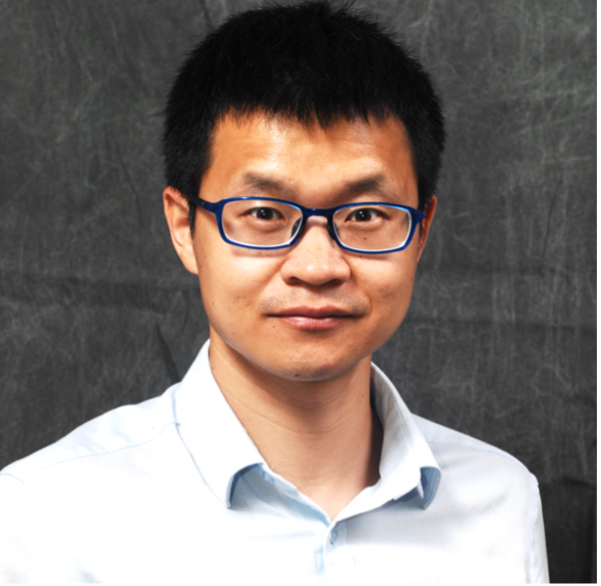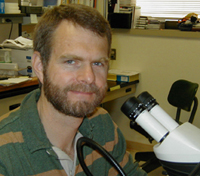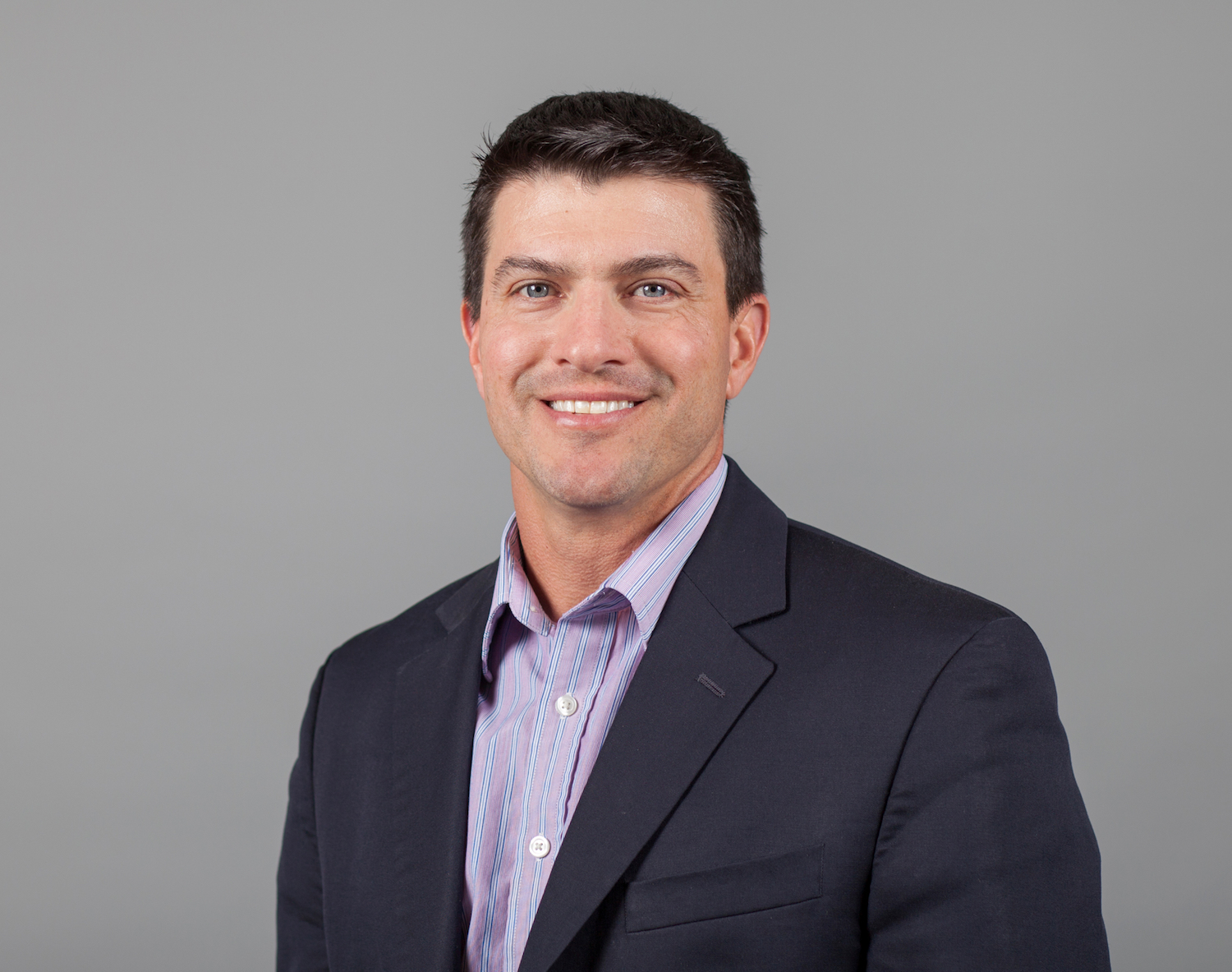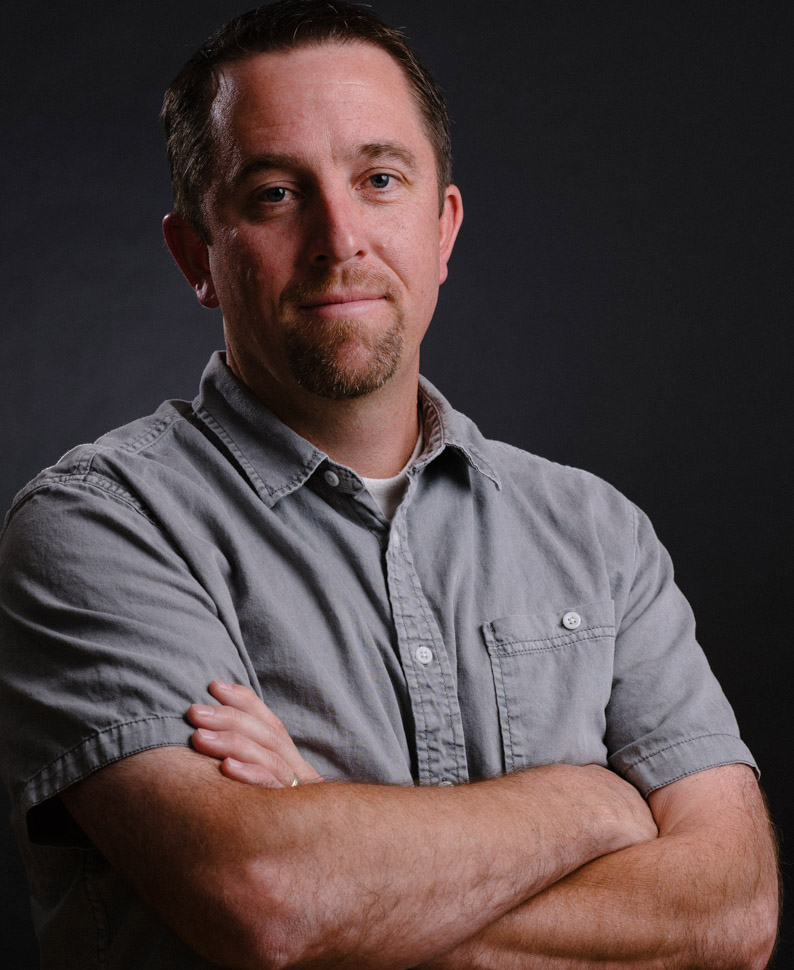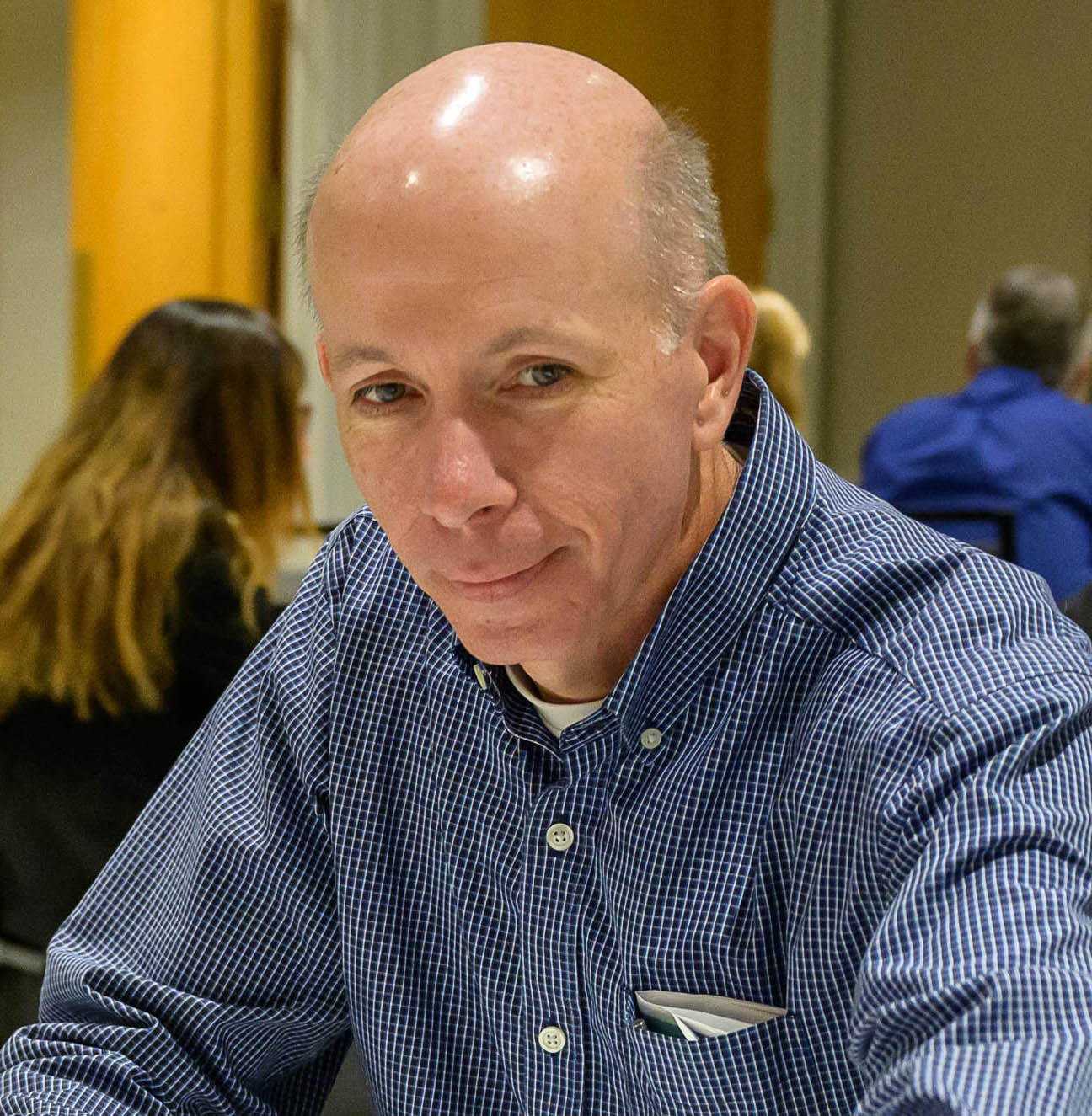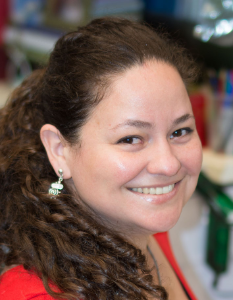Stem Cells, Development and Regenerative Medicine Research Emphasis Area
Stem Cells give rise to all other cells in living organisms. Therefore, these cells can be used as a source for studying development and disease, as well as for regenerative medicine-related applications. It is critical to understand the properties of different stem cell types and the molecular mechanisms that regulate the differentiation of stem cells into other cell types. In addition, it is important to develop new stem cell-based models for studying human-specific aspects of development and disease and for providing human cells and cell-based products for regenerative medicine-related applications.
The University of Utah has more than 35 faculty members in both research and clinical departments that study stem cells and use stem cells for studying development and disease or tissue engineering. The specific areas of research include embryonic and induced pluripotent stem cells (iPSC), neural stem cells and modeling human neurodevelopment and disease, spinal cord regeneration, retina development and degeneration, rare neurodevelopmental disorders, cancer stem cells and cell lineages, hematopoietic (blood) stem cells and hematopoiesis in health and disease, muscle stem cells and regeneration, cardiac development and disease, tissue engineering, and stem cell-derived exosomes.
- Monthly Stem Cell Affinity Group (SCAG) Seminar Series
- Stem Cell Workshop (ANAT 7760)
- CIHD (Center for Iron and Hematologic Disease) Seminar Series
- Developmental Neurobiology Course (NEUSC 7750)
T32 Opportunities
Translational Neuroscience T32
- PI: Kristen Keefe (Ph/Tx).
- The objective of Training in the Development of Novel Interventions for the Treatment of Neurological and Neurobehavioral Disorders is to provide one pre-doctoral and one post-doctoral/clinical fellow per year with formal education in the translational processes needed for moving basic science discoveries to clinical practice.
Developmental Biology T32 (DBTG)
- PI: H. Joseph Yost (Neurobiology)
- Training predoctoral and postdoctoral researchers in developmental biology provides the next generation of biomedical researchers with experience in a wide range of model systems for important discoveries in human health and disease.
- PIs: Gillian Stanfield (Human Genetics) and David Grunwald (Human Genetics)
- The goal of this program is to give diverse, outstanding researchers a broad educationin genetics, intensive training in the process of performing and evaluating research in a rigorous and ethical manner, and mentorship and support of their development as productive members of society.
NCI T32
Stem Cells, Development and Regenerative Medicine focused Core Facilities
University of Utah researchers have access to numerous state of the art core facilities, resources and support through the Health Sciences Center, Huntsman Cancer Institute, and the University. Cores and resources that are highly utilized by Stem Cell and Regenerative Medicine Research Emphasis Area members are:
- Flow cytometry Core
- Genomics Core
- Bioinfomatics Core
- Cellular and Translational Research Core
- Mutation Generation and Detection Core (CIHD)
- Cell Imaging Core
- Metabolomics (CIHD)
- Stem Cell Facility
Students


The University of Utah General Catalog
ANAT 7760 - Stem Cell Workshop
The course will begin with a lecture series on the fundamentals of stem cell biology and the use of stem cells, in particular induced-pluripotent stem cells (iPSC), as models for the study of development and disease. Following the lecture series, each student will present a journal article related to a lecture topic, and write the Specific Aims page of a hypothetical grant application based on one of the discussion papers. Lab sessions will provide students with practical hands-on techniques required for reprogramming, culturing, and cryopreserving iPSCs.
Bioscience Faculty

Fetal Hematopoiesis, Blood Production, Immune Development, Developmental Origin of Disease
Cell Signaling, Genetics, Development, Inter-organ Communication, Drosophila, CRISPR, Plasma Proteomics


Drosophila Models of Human Disease, Microcephaly, Mechanisms of Virus-Induced Disease, Neuronal Stem Cells, Neurodevelopment, Neurodegeneration
